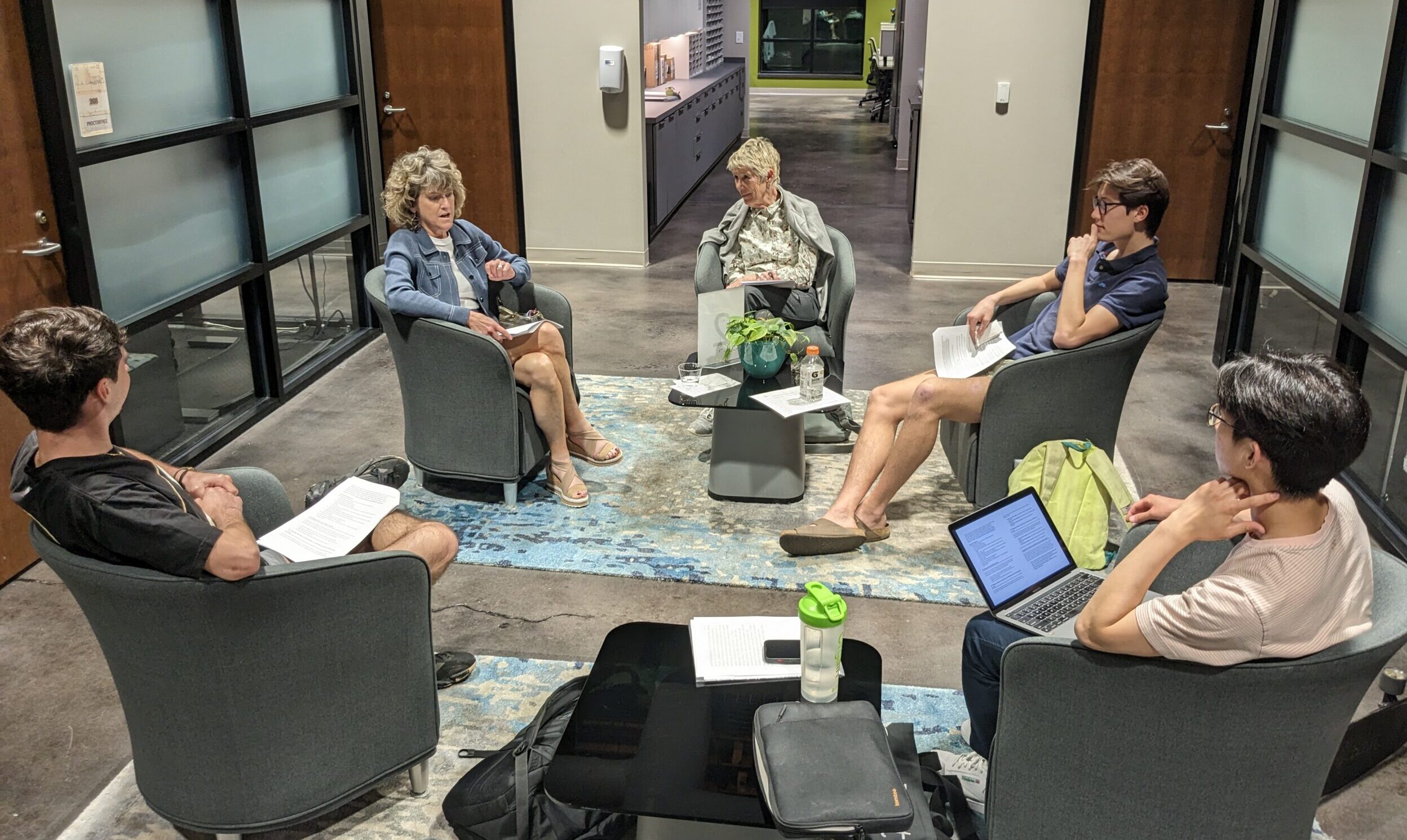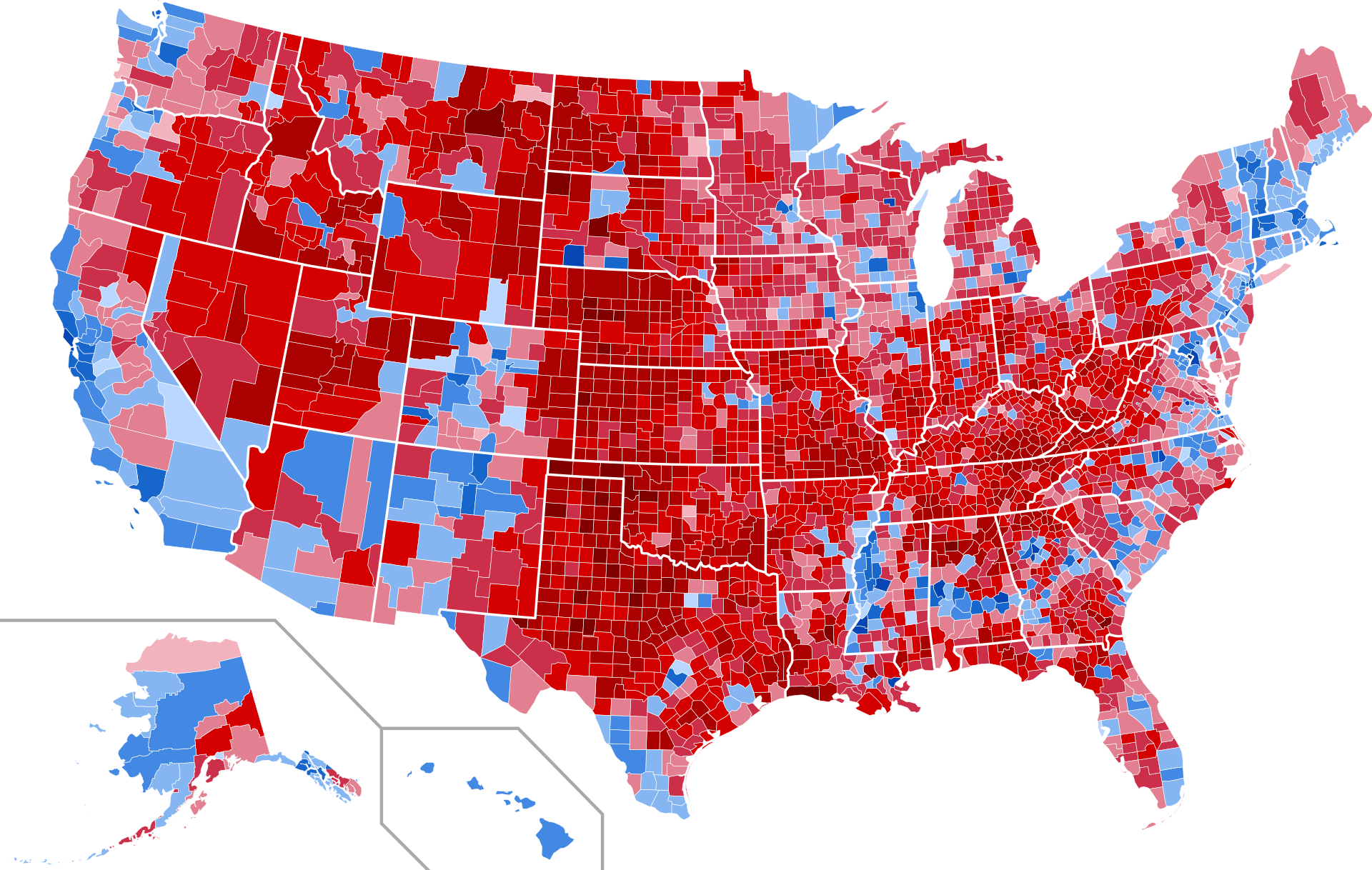
By Peter Beck ’26 (DCI Fellow)
Former Senior Counselor to the President Kellyanne Conway is infamous among Democrats, in part, for referring to “alternative facts” during a cable television interview. At the time, Democrats cited Conway’s comment as affirmation that then-President Trump and his retinue lived in a separate reality, where the truth lies beyond their comprehension or, at the very least, acknowledgment. The comment was a convenient way for Democrats to attack Republican policies on climate, racism, the pandemic, and a host of others.
Trump supporters, on the other hand, took advantage of a poor comment made by the Democratic nominee for President and former Secretary of State, Hillary Clinton, to portray Democrats as out-of-touch elitists. Clinton referred to Trump supporters as “deplorables,” which GOP supporters jumped on as an opportunity to cast Secretary Clinton and Democrats as snobs who believe only morally-corrupt people support Trump. To this day, some ardent Republicans call themselves and each other “deplorables” as a term of endearment.
“Alternative facts” and the “deplorables” comment impacted our political discourse and have continued to survive past the Trump presidency, indicating the comments’ weight reveals more significance than 24-hour partisan squabbles on the news. Republicans and Democrats both believe in their visions as best for the country’s future; some say those visions are separated more than at any time in history–as if Republicans and Democrats lived in two different worlds. Polarization is so severe that debates usually concentrate not on policy but on disputing another person’s intellect and grasp of reality–a stark contrast from Alexis de Tocqueville’s American ideal: “Town meetings are to liberty what primary schools are to science.”
As a DCI facilitator, I have to admit that I cringe a little whenever someone pulls out their phone or computer during deliberations to search for a fact on the internet. It is almost always from a place of curiosity rather than wanting to prove a point against someone else’s argument. Still, scenarios of an “alternative facts” versus “deplorables” debate play through my mind. Not only does the internet have a lot of dubious sources of information, but often a person can find a source verifying their precise claim without ever looking into other perspectives.
However, it seems unreasonable to ask participants to stop introducing outside facts. Unlike partisan attacks on an opponent’s character and background, D Team topics focus almost exclusively on policy. D Team participants can bring in only so much background knowledge for any subject. I am fortunate as a facilitator that so many D Team participants have experience and understanding of the topics we discuss. I am hosting two D Teams this semester focusing on climate, and each member of these teams has an intimate and passionate connection they could contribute to the conversation (although this could also be a sign of the worsening effects of climate change).
I believe D Teams are at their best when these interactions occur: one person shares a meaningful, previously unknown perspective from their experience that the rest of the group did not consider. However, I still struggle with addressing two difficult priorities: the need for facts in productive conversations while preventing facts manipulated to fit certain narratives. The degrees of separation between perspectives highlight how divided we are into separate political camps. Ultimately, we need to work toward a political discourse that agrees on a list of common principles and facts that overcomes labels. Demonizing each other as elitist or dumb does nothing to address the problems we face, many of which we agree on.
My hope for D Team members is to use the deliberative space to understand and hear one another, above all else. Perhaps, this personal approach will allow us to overcome the partisan gap little by little and avoid devolving into narratives accusing each other of clinging to “alternative facts” or thinking all of your opponents are “Antifa communists.”

